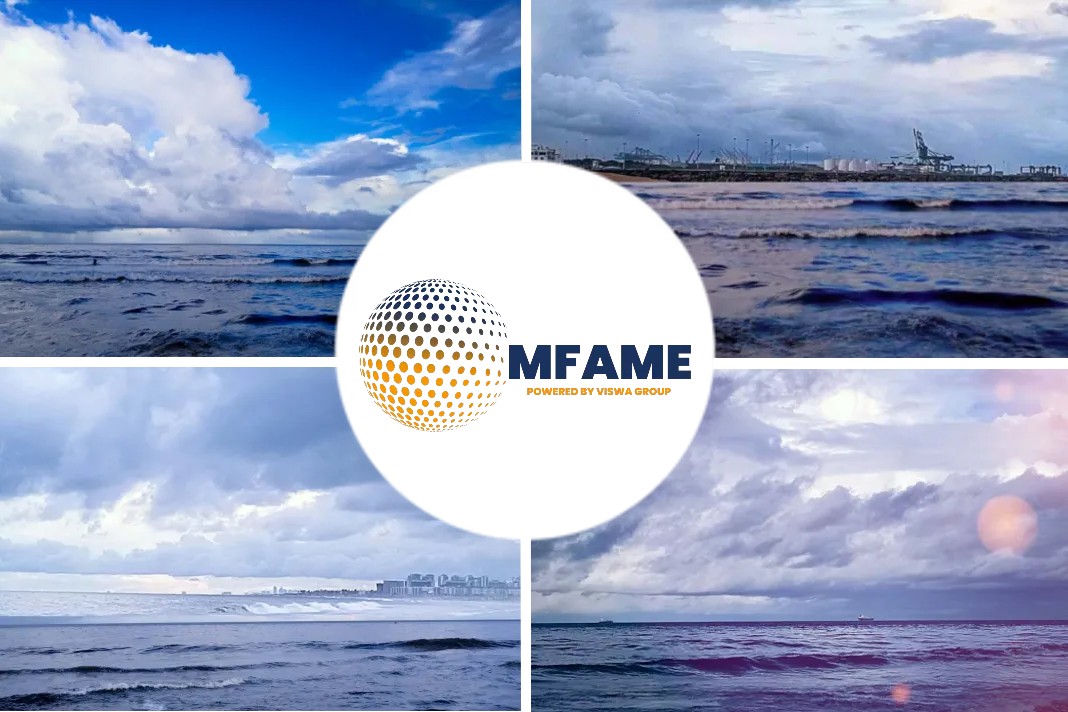
The federal government says some new cruise ship pollution measures are now mandatory, but environmental groups say the move still doesn’t plug gaps that permit the ongoing contamination of some of Canada’s most sensitive coastlines.
Sewage & water discharge
Transport Minister Omar Alghabra has announced that voluntary measures for sewage and greywater discharge and treatment on vessels will now be mandatory under an interim order. However, environmental campaigners, such as Anna Barford from Stand.earth Canada, have expressed concern that the largest source of acidic wastewater from cruise ships and other vessels will continue to be released into the ocean without regulation. While the new rules regarding grey water and sewage are seen as a positive step towards reducing the sector’s impact on marine ecosystems, they do not address the issue of cruise ships’ polluted discharge from onboard scrubber systems, which account for over 90% of the pollution.
New regulations
The newly implemented regulations regarding sewage and grey water discharge on cruise ships lack dedicated onboard observers to ensure compliance, according to Anna Barford from Stand.earth Canada. The rules prohibit dumping grey water or sewage within three nautical miles of the shore. Additionally, cruise ships are now required to use a marine sanitation device for better treatment of greywater discharge if they intend to dump it within 12 nautical miles of the shore. Vessels must report their compliance upon request, and failure to adhere to the regulations during inspections at ports can result in a maximum penalty of $250,000, as stated by Transport Canada. These regulations align with the stricter rules already in place in Canada’s Arctic and other comparable waters along the West Coast. However, concerns are raised regarding the allowance of cruise vessels to dump scrubber wastewater along British Columbia’s inland coast, federal marine protected areas, and the Arctic Ocean, which are environmentally sensitive areas facing increased shipping due to climate change and melting sea ice.
Use of cleaner-burning fuels
Transport Canada has not provided clarity on whether it intends to ban or restrict polluted scrubber wash water, despite such measures being implemented in other jurisdictions. Anna Barford from Stand.earth Canada highlights that the use of cleaner-burning fuels to meet the emission standards set by the International Maritime Organization (IMO) could eliminate the issue of polluted scrubber water. However, both Transport Canada and the IMO permit ships to use dirty heavy fuel oil (HFO) if they utilize scrubber systems. Barford argues that scrubbers enabling the continued use of cheaper and more polluted fossil fuels should be prohibited, considering the increasing emissions from shipping and the need to transition to low- or zero-emission fuels. The use of scrubbers exacerbates ocean acidification, impairs shell formation in marine creatures, and poses threats to the health and reproduction of marine animals through the accumulation of heavy metals and toxins in the food chain. Additionally, scrubber systems do not address the issue of black carbon deposition, which accelerates melting when it lands on Arctic snow.
Cruise ships & pollution
According to Anna Barford from Stand.earth Canada, cruise ships produce significantly higher levels of pollution compared to cargo vessels and other boats due to their travel routes and energy demands. As the International Maritime Organization (IMO) convenes to develop new shipping emission standards, Barford emphasizes the need to consider banning scrubbers as a means to eliminate the use of heavy fuel oil (HFO). This action would compel the cruise and shipping industries to transition towards cleaner or alternative fuels. Barford points to jurisdictions like California that have already banned scrubbers, highlighting their shift towards refined fuels and preparations for renewable and zero-emission alternatives by eliminating HFO. Transport Canada did not provide any information regarding potential federal regulations on scrubber discharge at the time of publication.
Did you subscribe to our newsletter?
It’s free! Click here to subscribe!
Source: BIV





















